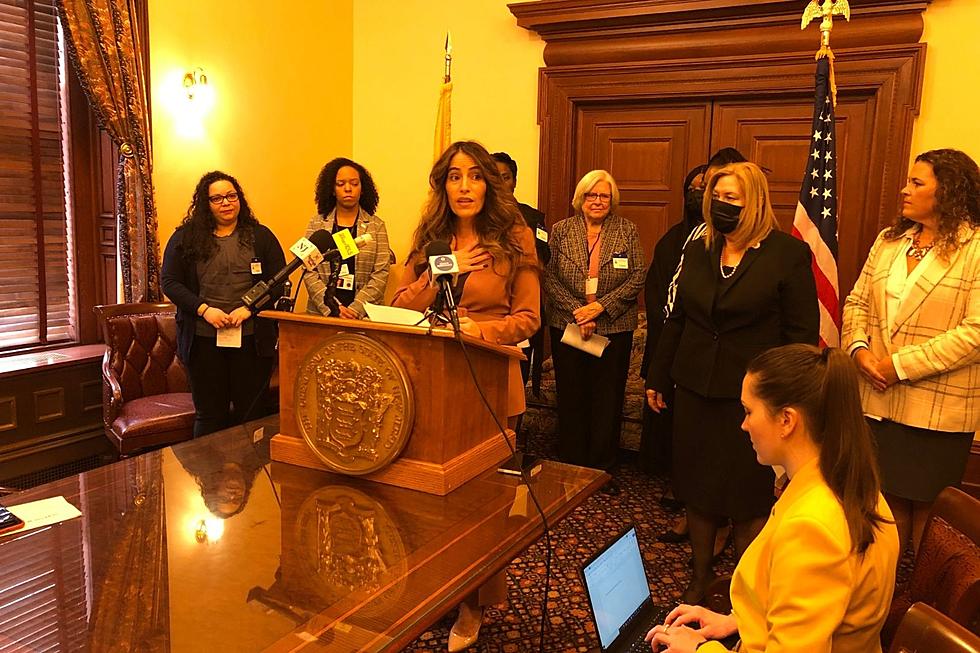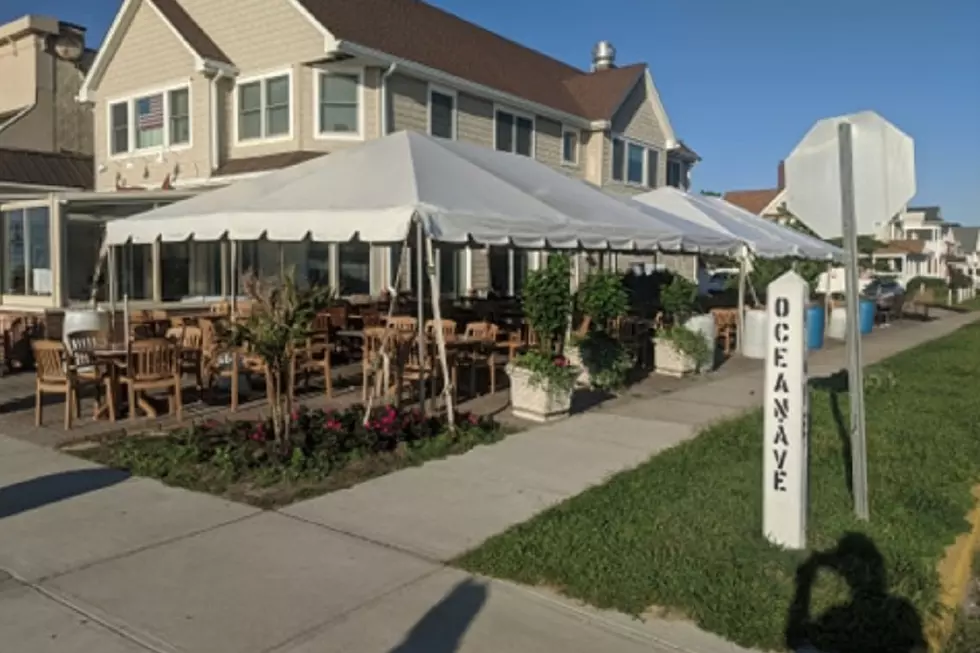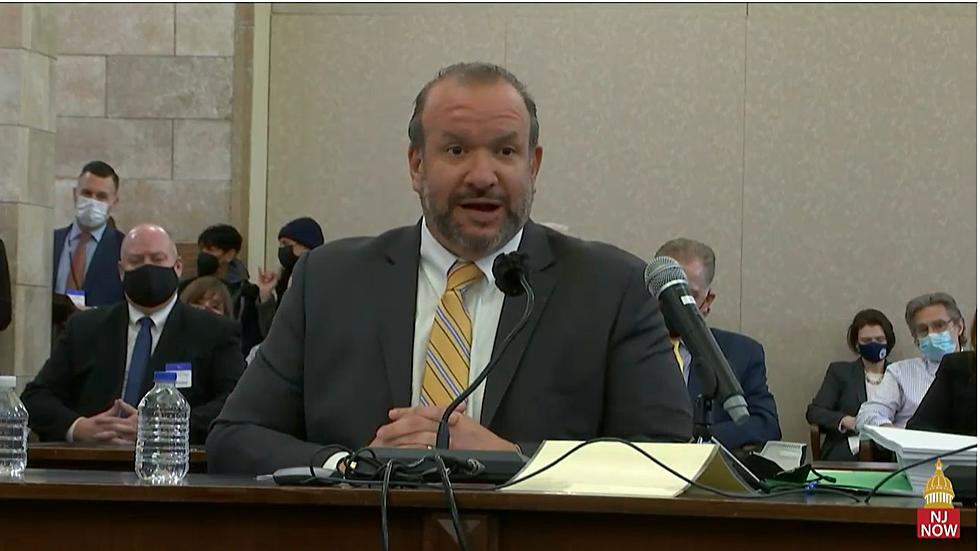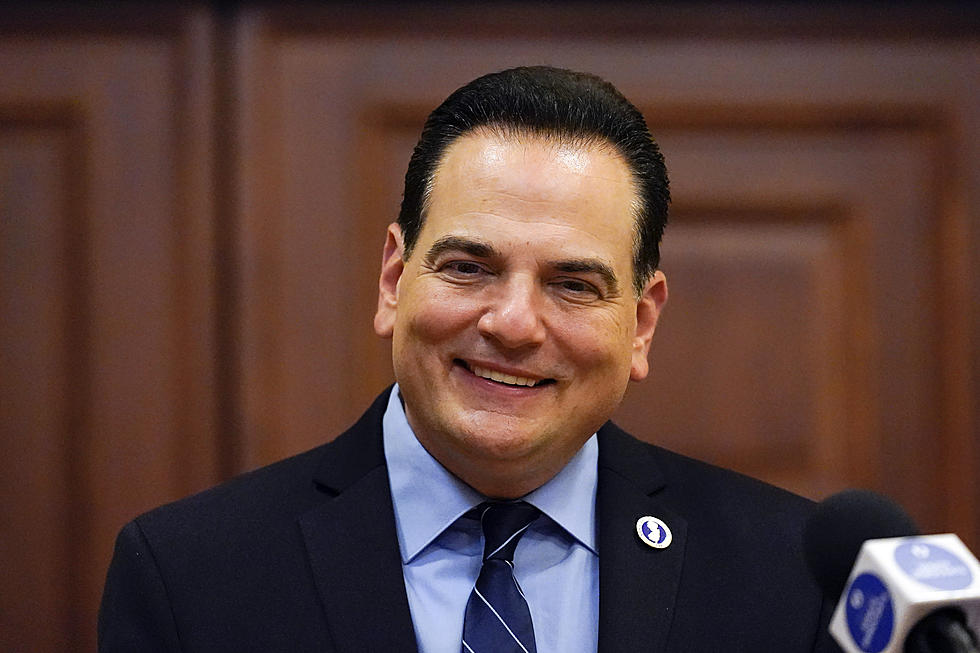
Five-year local residency rule for police, fire stalls in Senate
When lawmakers held voting sessions last Thursday, 18 bills connected to policing or criminal justice were on the Senate or Assembly agendas.
Sixteen passed. One was amended, positioning it for approval at the end of the August.
The last remains in limbo, as it has been since 2015, when it squeaked through the Legislature only to vetoed by then-Gov. Chris Christie. That bill is S685/A3386, which permits municipalities, counties and regional entities to require police officers and firefighters to live in the city or town for five years.
Unions oppose the bill and say it unfairly singles out first responders among all municipal employees.
“This is going to severely hamper not only recruiting, which we already have a national issue on. It’s going to severely hamper minority recruitment,” said Pat Colligan, president of the New Jersey State PBA.
Colligan said the one-year requirement currently allowed under civil-service rules doesn’t lead police officers and firefighters to live in a city long-term.
“I’m going to tell you, unequivocally, that the people who are required to live there for one year under civil service, are there on the 364th day, if they’re even living there, with a U-Haul truck moving out. That’s a fact,” he said.
Sean Lavin, executive director of the Fraternal Order of Police New Jersey said incentives such as low-cost mortgages would be more effective. He said Knoxville, Tennessee, used those to recruit hundreds of New Jersey officers laid off during recessions in 2008 and 2012.
“Incentivizing works. Forcing does not,” Lavin said.
Senate President Steve Sweeney, D-Gloucester, said that currently “the problem is too many people take the jobs in these communities and they leave.” He said communities would be stronger if teachers lived locally, too, and that urban neighborhoods need role models for kids to look up to.
“I’m happy to work with unions on incentives to go along with, but we need our public safety people to live in the communities,” Sweeney said.
“Having police officers and firefighters as our neighbors makes an inherent difference,” said Sen. Teresa Ruiz, D-Essex. “… A sense of understanding that not only do I work here, I’m part of this neighborhood. So when I go out on the street and I interact with my neighbors and my family members, that relationship will be extraordinarily different.”
James Stewart, president of Newark FOP Lodge #12, said the bill could place officers in difficult situations, such as a person invoking details about an officer’s child or spouse after a drug arrest.
“Living in the community doesn’t make the Newark police officer’s job or any other police officer’s job easier. It makes it harder,” Stewart said.
The bill would allow an exception to the residency rule for police officers or firefighters who suffer injuries or the threat of injury to themselves, their family or their property as part of an intimidation or manipulation effort.
It’s not clear if the bill will be called for a vote. It passed in 2015 with the minimum 21 votes needed in the Senate, and Sen. Paul Sarlo, D-Bergen, who voted for it then, said he opposes it now. But it could gain a vote in Sen. Troy Singleton, D-Burlington, who supported it five years ago when in the Assembly.
More from Townsquare Media News:

More From Beach Radio










